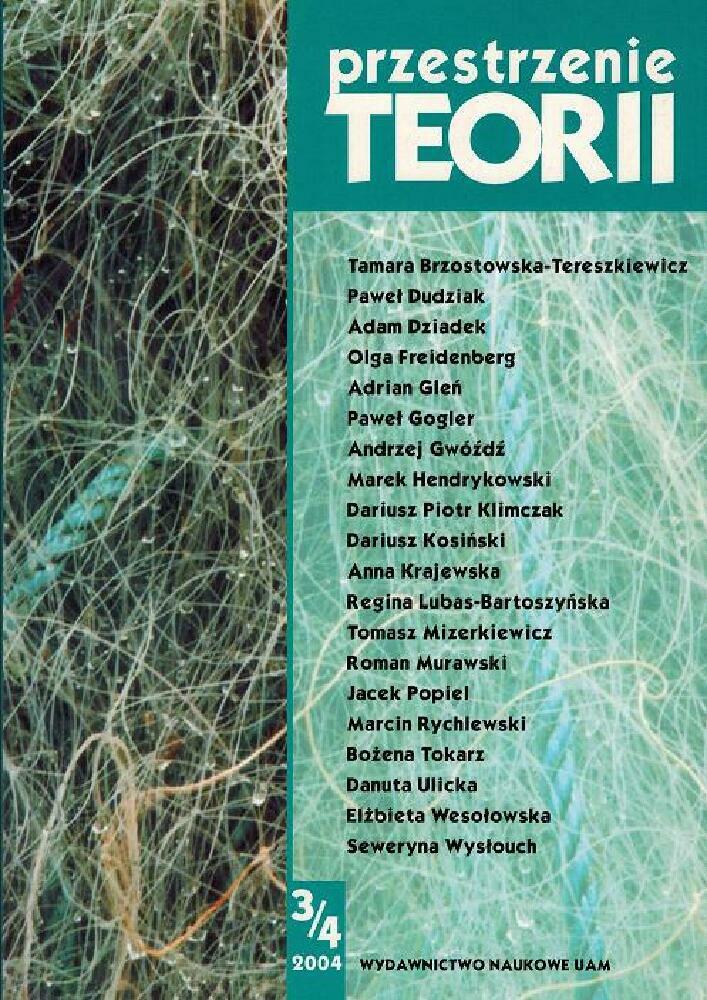Abstract
The history of the Rhapsody Theatre is one of the most dramatic chapters in the history of the 20th century Polish theatre. The group established in Cracow in 1941, managed by Mieczysław Kotlarczyk, was operating during the Nazi occupation as a clandestine theatre. In the first years after the end of World War II it played a significant role, realising the dreams of its founders from the time of Nazi occupation concerning the repertory programme of the theatre, in which the main place would be that of Polish Romantic and neo-Romantic writers. In 1953 the Rhapsody Theatre was closed for propagation of the „mistaken, antirealistic and mystic, ideologically hostile" artistic programme. It was reopened in 1957 on the wave of the post-October political thaw, but was finally liquidated by the authorities of the Polish People's Republic in 1967. In the article the author discussed the fundamental assumptions of the artistic programme of the Rhapsody Theatre (sources of inspiration, similarities to the idea of the national theatre, theatre of the word as a theatre of imagination, the art of acting, rules of recitation).License
Authors
Authors of texts accepted for publication in Przestrzenie Teorii are required to complete, sign and return to the editor's office the Agreement for granting a royalty-free license to works with a commitment to grant a CC sub-license.
Under the agreement, the authors of texts published in Przestrzenie Teorii grant the Adam Mickiewicz University in Poznań a non-exclusive, royalty-free license and authorize the use of Attribution-NonCommercial-NoDerivatives 4.0 International (CC BY-NC-ND 4.0) Creative Commons sub-license.
The authors retain the right to continue the free disposal of the work.
Users
Interested Internet users are entitled to use works published in Przestrzenie Teorii since 2015, for non-commercial purposes only, under the following conditions:
- attribution - obligation to provide, together with the distributed work, information about the authorship, title, source (link to the original work, DOI) and the license itself.
- no derivatives - the work must be preserved in its original form, without the author's consent it is not possible to distribute the modified work, such as translations, publications, etc.
Copyrights are reserved for all texts published before 2015.
Miscellaneous
Adam Mickiewicz University in Poznań retains the right to magazines as a whole (layout, graphic form, title, cover design, logo etc.).
